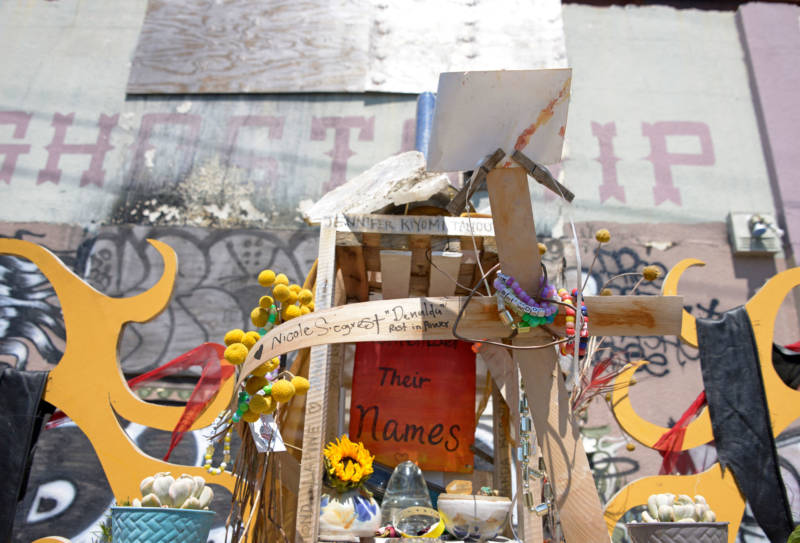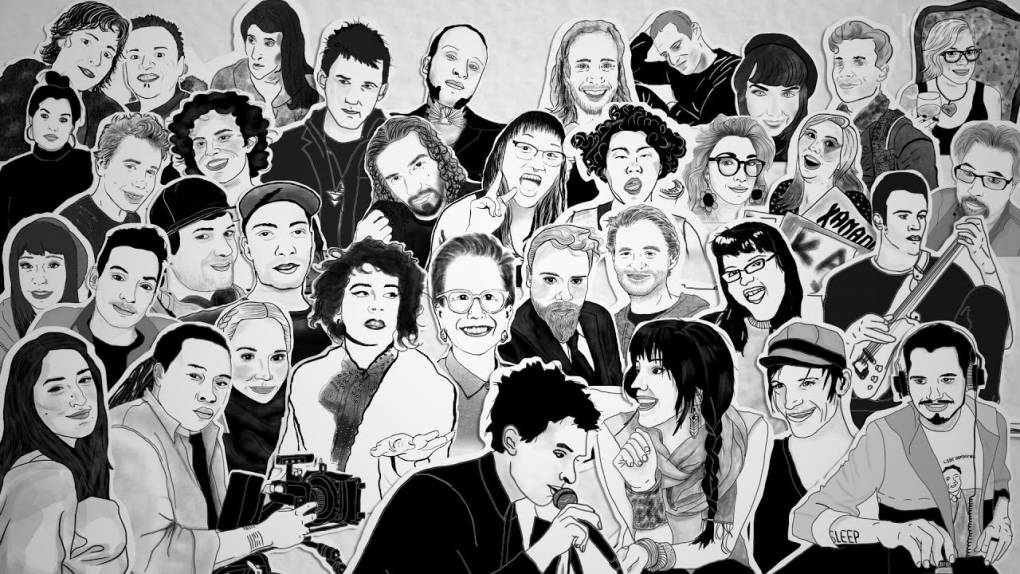The Dec. 2, 2016 inferno broke out at the warehouse during an electronic music event, trapping victims on the illegally constructed second floor. Prosecutors said the victims got no warning and had little chance to escape down a narrow, ramshackle staircase.
The case has been emotionally wrenching for family and friends of the victims. Many of them packed a courtroom for months in 2019, only to see a jury split on whether to convict Almena, who leased the building. At the same trial, the jury also found co-defendant Max Harris, who was the Ghost Ship's “creative director” and rent collector, not guilty.
Almena had been jailed since 2017 until he was released in May because of coronavirus concerns and after posting a $150,000 bail bond. He is currently on house arrest with an ankle monitor in the city of Upper Lake, where he lives with his wife and children.
Colleen Dolan, mother of fire victim Chelsea Faith Dolan, said that victims' families were only very recently informed of the plea deal possibility, and called the sentence much too light.
"I was far more emotional than I thought I would be," she said of the hearing. "We had to listen to each of the names read aloud, and then each name was followed by the word 'guilty,'" she said. "My Chelsea Faith Dolan was number 16 and when her name was read aloud, I couldn't help it. I mean, the tears just started falling. I didn't know I would feel as strongly as I did, but because of this feeble plea bargain, all of that sorrow has been dredged up again."


